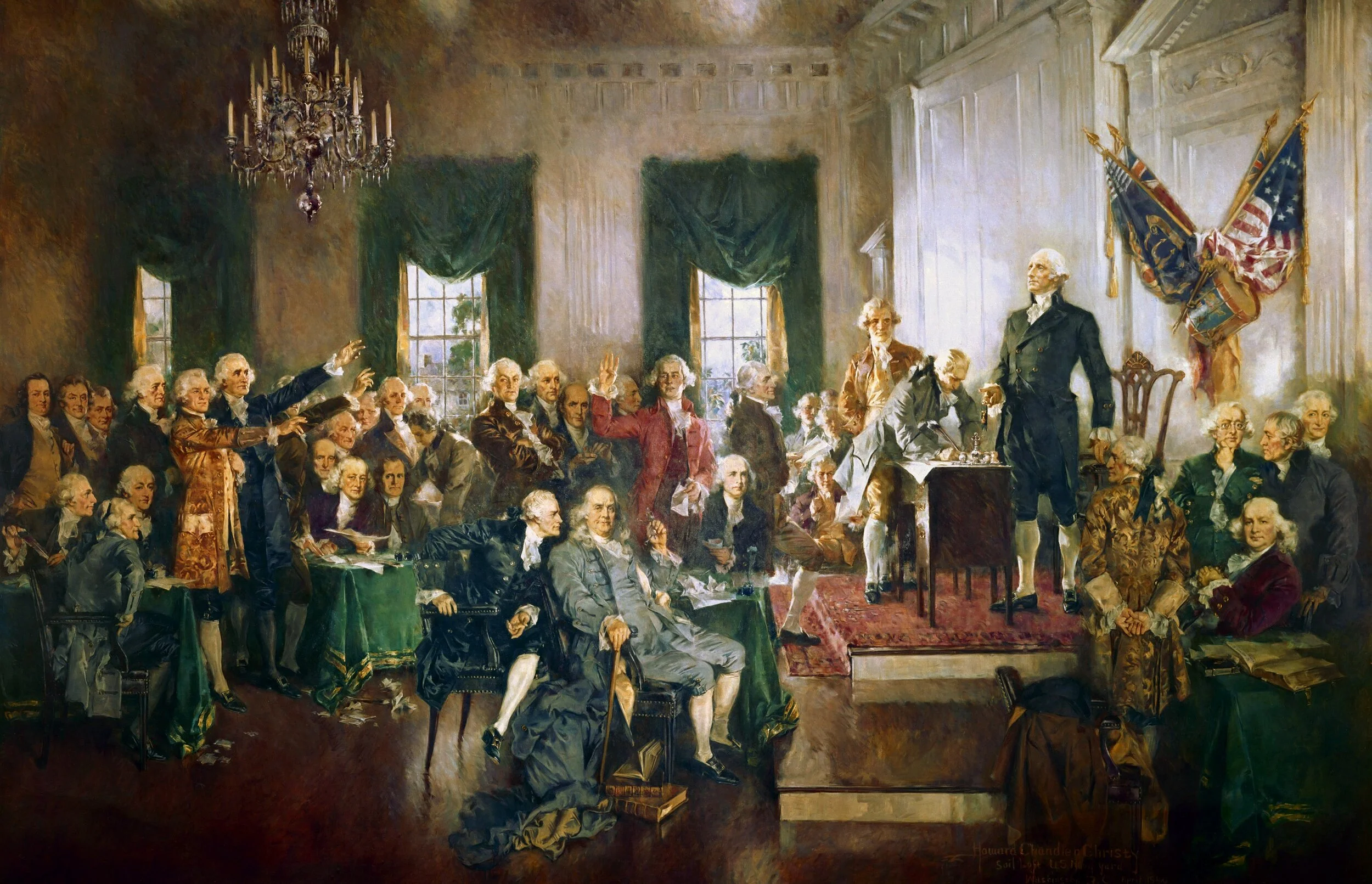Rennaissance Political Thought
/Political theory becomes a specialized science with Niccolo Machiavelli. Machiavelli wrote The Prince in the early 1500s, publishing bits of it in different forms beginning as early as 1513. He dedicated it to Lorenzo di Medici, who was governor of Florence, offering the book as a practical, How To Do It guide to success.
We know from his other works (especially Discourses) that Machiavelli believed in the rights of citizens. But The Prince is about winning as a leader and ruler. So he set aside his personal wishes and wrote a book about how to get tough. One of Machiavelli’s key points is that the leader must focus on war above any other topic. Or rather, on war, and nothing else at all:
A prince ought to have no other aim or thought, nor select anything else for his study, than war and its rules and discipline; for this is the sole art that belongs to him who rules.
Violence will be necessary. That is given. So Machiavelli doesn’t bother to deplore it or even constrain the severity of it. Rather, he says the leader should be as cruel as necessary, and to wield cruelty swiftly so the cruelty can end sooner.
Those [acts of cruelty and violence] may be called properly used, if of evil it is possible to speak well, that are applied at one blow and are necessary to one's security, and that are not persisted in afterwards unless they can be turned to the advantage of the subjects. The badly employed are those which, notwithstanding they may be few in the commencement, multiply with time rather than decrease.
We can see this conviction in the leadership of Abraham Lincoln, who urged his generals throughout the civil war to march, to attack, and to get the war over as soon as possible. Lincoln was not cruel and he grieved over the war’s many deaths. But he understood that suffering would end only when the war ended, so he pushed for victory.
The Prince contains, for almost the first time anywhere, an interest in the feelings and wishes of ordinary people. Machiavelli doesn’t mean to balance the rights of citizens against the rights of rulers. He just means to remind Medici that the citizens have feelings and motivations of their own, and that ruling them is easier when those wishes are considered.
[T]he people do not wish to be ruled nor oppressed by the nobles, and the nobles wish to rule and oppress the people; and from these two opposite desires there arises in cities one of three results, either a principality, self-government, or anarchy.
A principality is created either by the people or by the nobles, accordingly as one or other of them has the opportunity; for the nobles, seeing they cannot withstand the people, begin to cry up the reputation of one of themselves, and they make him a prince, so that under his shadow they can give vent to their ambitions. The people, finding they cannot resist the nobles, also cry up the reputation of one of themselves, and make him a prince so as to be defended by his authority. He who obtains sovereignty by the assistance of the nobles maintains himself with more difficulty than he who comes to it by the aid of the people, because the former finds himself with many around him who consider themselves his equals, and because of this he can neither rule nor manage them to his liking. But he who reaches sovereignty by popular favour finds himself alone, and has none around him, or few, who are not prepared to obey him.
Machiavelli teaches that leadership is something a person can acquire by working at it. He suggests that the modern prince follow the habit of great leaders in the past and study histories of other great leaders.
[I]t is said Alexander the Great imitated Achilles, Caesar [imitated] Alexander, [and] Scipio [imitated] Cyrus. And whoever reads the life of Cyrus, written by Xenophon, will recognize afterwards in the life of Scipio how that imitation was his glory, and how in chastity, affability, humanity, and liberality Scipio conformed to those things which have been written of Cyrus by Xenophon.
A wise prince ought to observe some such rules, and never in peaceful times stand idle, but increase his resources with industry in such a way that they may be available to him in adversity.
Machiavelli closes the Prince with a blatant appeal the Medici to launch a war to unify all of Italy under Medici rule. Success requires a combination of a good cause, sufficient means and wise preparation. And he claims that Medici already has the cause and the fortune. He just needs to seize the opportunity.
With us there is great justice, because that war is just which is necessary, and arms are hallowed when there is no other hope but in them. Here there is the greatest willingness, and where the willingness is great the difficulties cannot be great if you will only follow those men to whom I have directed your attention. Further than this, how extraordinarily the ways of God have been manifested beyond example: the sea is divided, a cloud has led the way, the rock has poured forth water, it has rained manna, everything has contributed to your greatness; you ought to do the rest. God is not willing to do everything, and thus take away our free will and that share of glory which belongs to us.
The word “Machiavellian” is commonly used today to mean deceitful. But Machiavelli advocated use of deceit only when it would help achieve an important goal. The thing he emphasized above everything else was success.
This summary is not meant to be a complete precis of The Prince. It provides points useful to understanding the evolution of political theory that lead to the American system of government.








